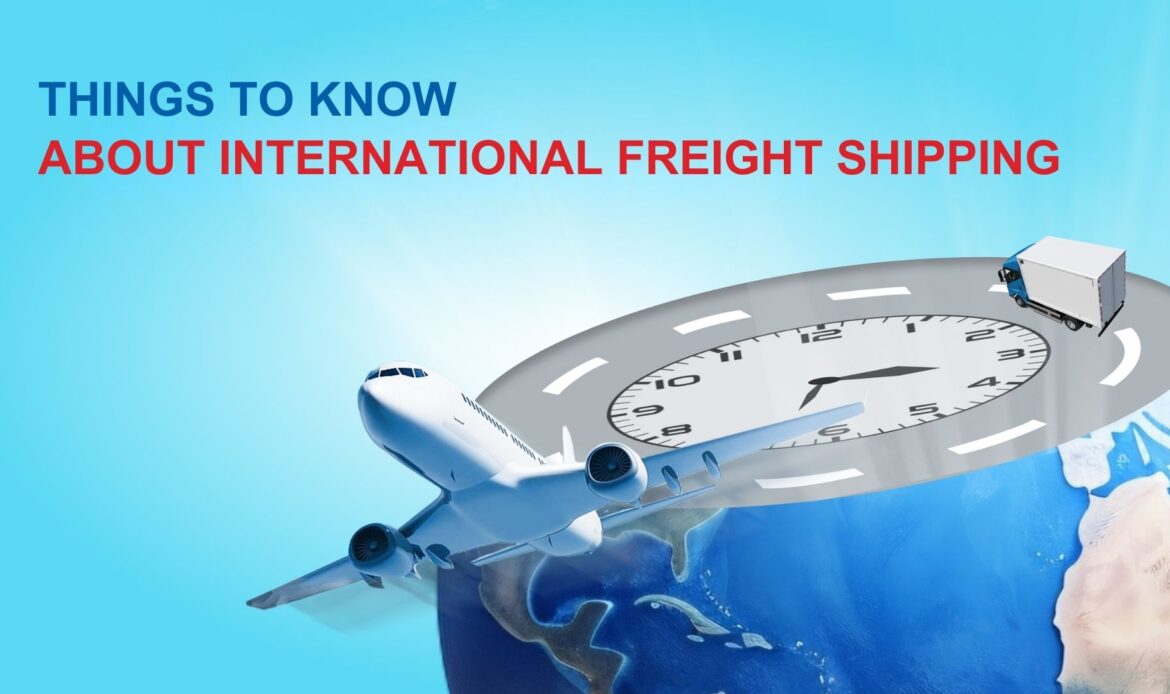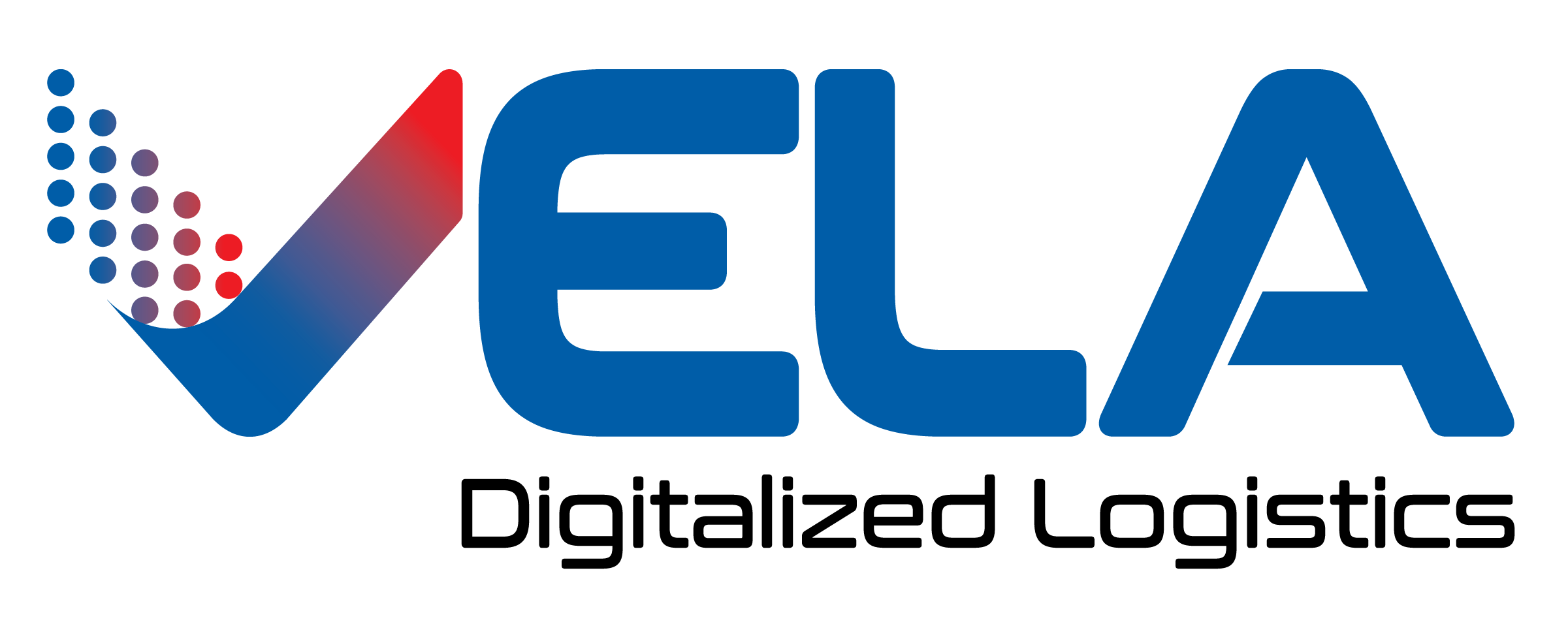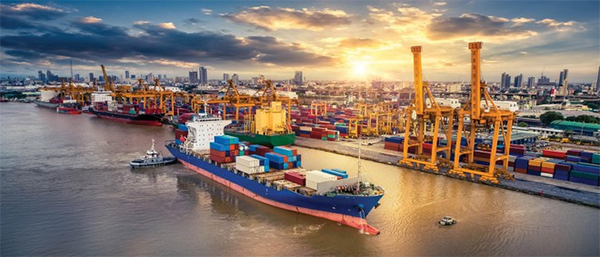What you need to know about international shipping

International shipping is a key method for businesses to expand their market and deliver products globally. However, international freight requires companies to understand the procedures, legal regulations, and policies of the relevant countries to ensure goods are transported safely and smoothly.
Essential procedures in international shipping
Compliance with document regulations is crucial during international shipping. Each document plays a specific role in verifying, inspecting, and monitoring the shipment as it crosses borders.
-
- Commercial invoice: used to confirm the value of the goods between the seller and buyer, the commercial invoice serves as the basis for calculating import duties and other related fees, such as VAT and customs duties. The invoice must contain all necessary details about the seller, buyer, detailed description of the goods, value, payment terms, and delivery conditions (incoterms). Incomplete invoices can cause customs clearance delays or even have goods held back.
-
- Packing list: this document provides detailed information on each item in the shipment, including quantity, weight, dimensions, and packaging methods. It helps transporters and customs officials verify and cross-check the information with the commercial invoice, ensuring accurate inventory control when the goods arrive.
-
- Bill of lading (B/L): the most crucial document in international freight, the B/L is proof that the goods have been shipped and is the basis for the recipient to collect them. It not only confirms ownership but also serves as a contract between the shipper and the carrier, specifying the responsibilities of both parties. Depending on the mode of transport (sea, air, land), different types of bills (sea bill of lading, air waybill, or CMR) are issued.
-
- Certificate of origin: this document certifies the country of origin of the goods, a key factor in determining tariff preferences under international trade agreements. It ensures the legality of the goods and allows for preferential import duties at the destination country.
-
- Import/export license: certain goods, such as pharmaceuticals, weapons, or health and national security-related items, require special licenses before they can be imported or exported. These licenses, often issued by the exporting or importing country’s authorities, must be submitted along with other documents during customs clearance.
-
- Insurance certificate: international freight involves various risks like damage, loss, or accidents. An Insurance Certificate ensures that your goods are protected against unforeseen risks during transit, allowing businesses to claim compensation in case of any issues.
2. Prohibited goods in international shipping
Not all goods are freely allowed to cross borders. Each country has its regulations on banning or restricting certain goods to protect national security, public health, and the environment. Commonly prohibited items in international freight include:
-
- Flammable and explosive materials: chemicals like fireworks, gasoline, gas, and explosives are prohibited to ensure safety in air and sea transport. Non-compliance can lead to severe penalties and future transport bans.
-
- Environmental hazards: hazardous waste, polluting chemicals, or products that pose risks to natural ecosystems are banned in many countries to protect the environment and public health.
-
- Counterfeit goods: Products that violate copyright, trademarks, or are counterfeit are strictly prohibited and are often confiscated or destroyed upon discovery, in an effort to protect intellectual property rights and maintain fair competition.
-
- Weapons and ammunition: Weapons, ammunition, or military equipment often require special permits and are tightly regulated. Most countries have strict import policies on these items to ensure national security.
-
- Wildlife and products from endangered species: Many countries prohibit the import of wildlife or products made from animals, such as ivory, rhino horns, or animal skins, to protect endangered species. These regulations are often supported by international agreements like CITES (Convention on International Trade in Endangered Species).
Understanding the list of prohibited goods is essential to avoid violating international law, which could lead to financial losses and reputational damage, while also ensuring the safety of global transport systems.
3. Key considerations when choosing an international transport provider
Selecting a reputable international transport provider is crucial to ensuring the safety and efficiency of your shipment. To make sure your goods are delivered on time and free from unnecessary risks, companies should consider the following:
-
- Experience and expertise: a reliable international transport provider should have years of experience handling special types of goods and possess a thorough understanding of import/export regulations for each country. Their expertise allows them to foresee and solve potential issues during transit and offer the best solutions for your business.
-
- Integrated services: beyond just transport, a professional Logistics provider should offer integrated services, including packing, warehousing, and customs clearance. This helps businesses optimize their process, save costs, and reduce time and resources. An integrated solution reduces intermediaries and ensures consistency throughout the entire transport process.
-
- Real-time tracking: in the digital era, real-time tracking is indispensable. Providers using modern technology offer businesses the ability to monitor their shipments at every stage, from warehouse departure to customer delivery.
4. Comprehensive international shipping solutions for businesses
At VELA, we offer comprehensive international shipping services, helping businesses optimize their shipping processes and minimize costs. With our experienced team and advanced Logistics platform integrating every step of the operation, we ensure goods are delivered safely and accurately to any destination worldwide.
-
- Integrated services: we handle the entire process, from documentation, and customs clearance to transport and real-time tracking, giving businesses peace of mind and optimal management.
-
- Quality assurance: goods are carefully managed from the warehouse to the recipient using strict quality control procedures and advanced technology.
-
- Cost and time optimization: VELA helps businesses reduce unnecessary shipping costs and avoid potential risks, thereby saving time and improving efficiency.
-
- Advanced technology: businesses can track the entire shipment in real-time, ensuring transparency and close control at every transport stage.
-
- Compliance with international regulations: we ensure all documentation and procedures are handled according to regulations, ensuring smooth customs clearance and minimizing legal risks.
International shipping is a complex process that requires thorough preparation and reliable Logistics partners. At VELA, we commit to helping your business overcome all obstacles, ensuring that your goods are delivered on time and safely.

